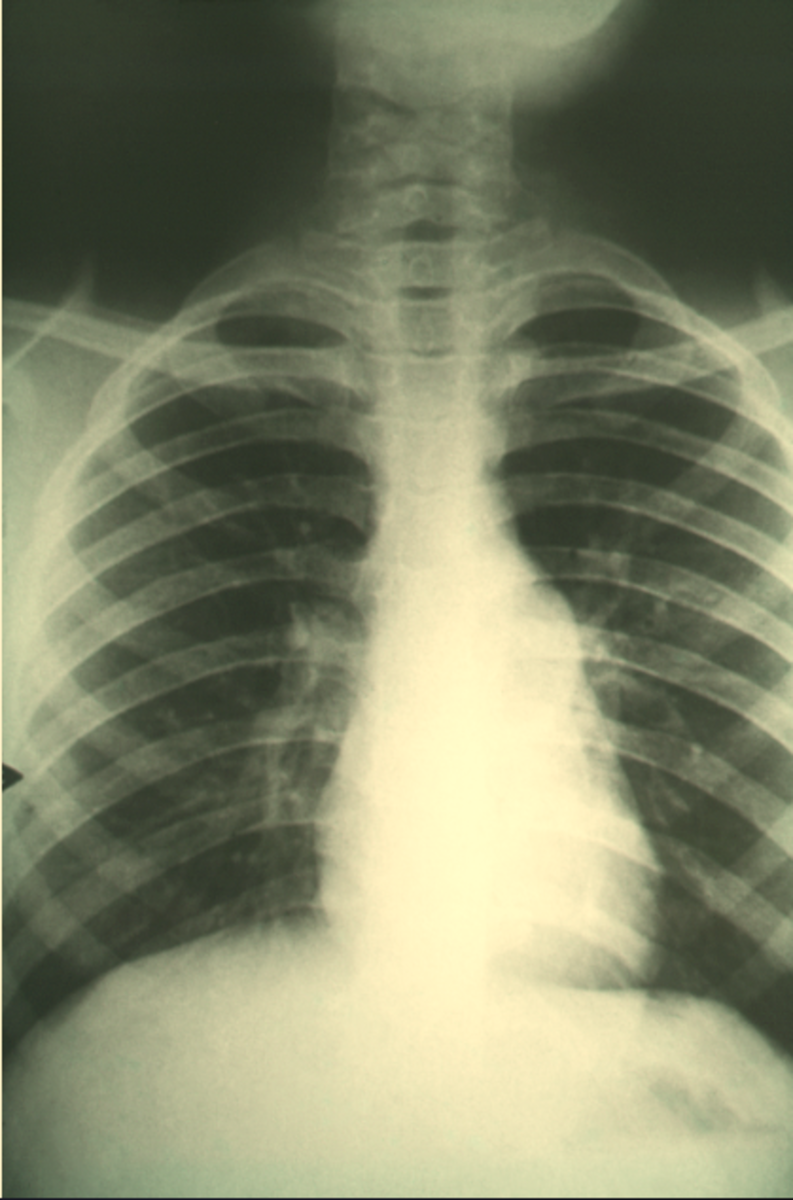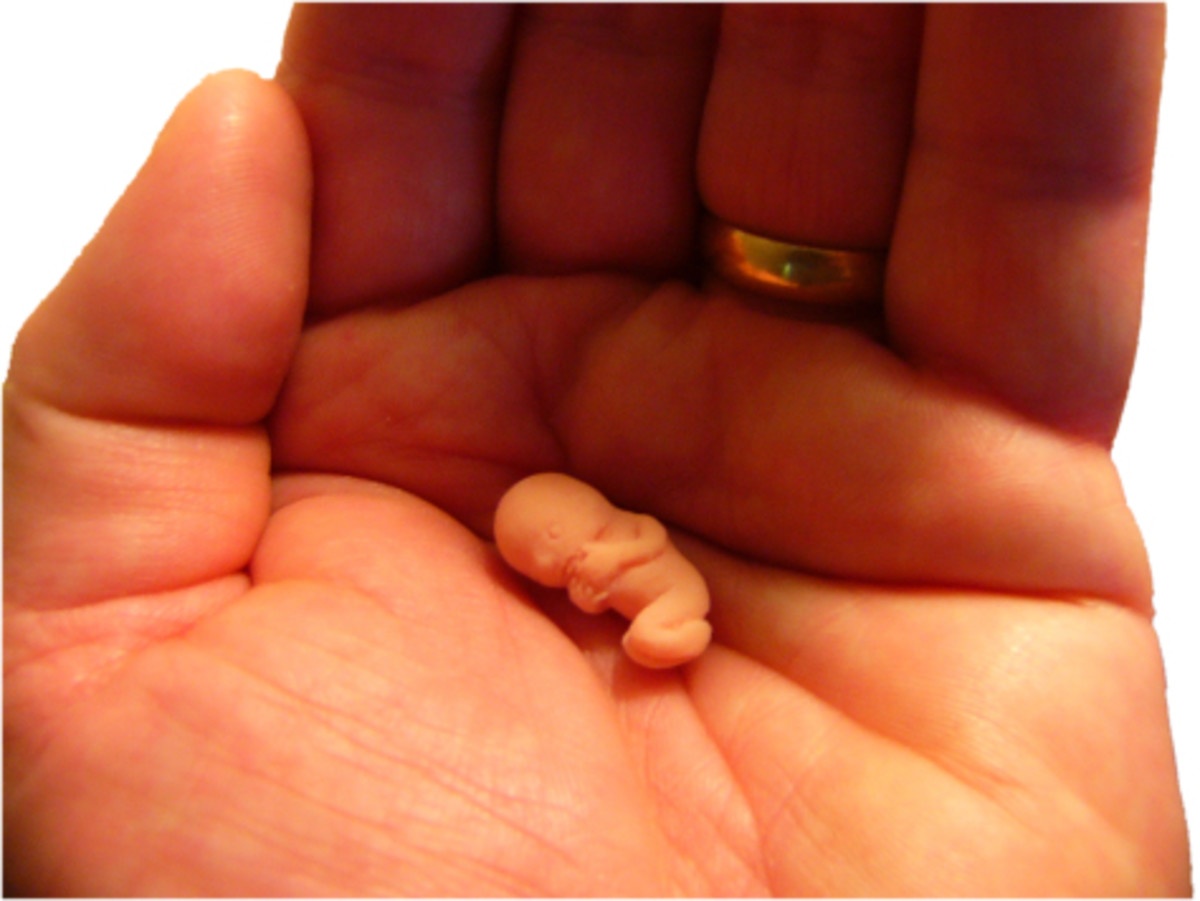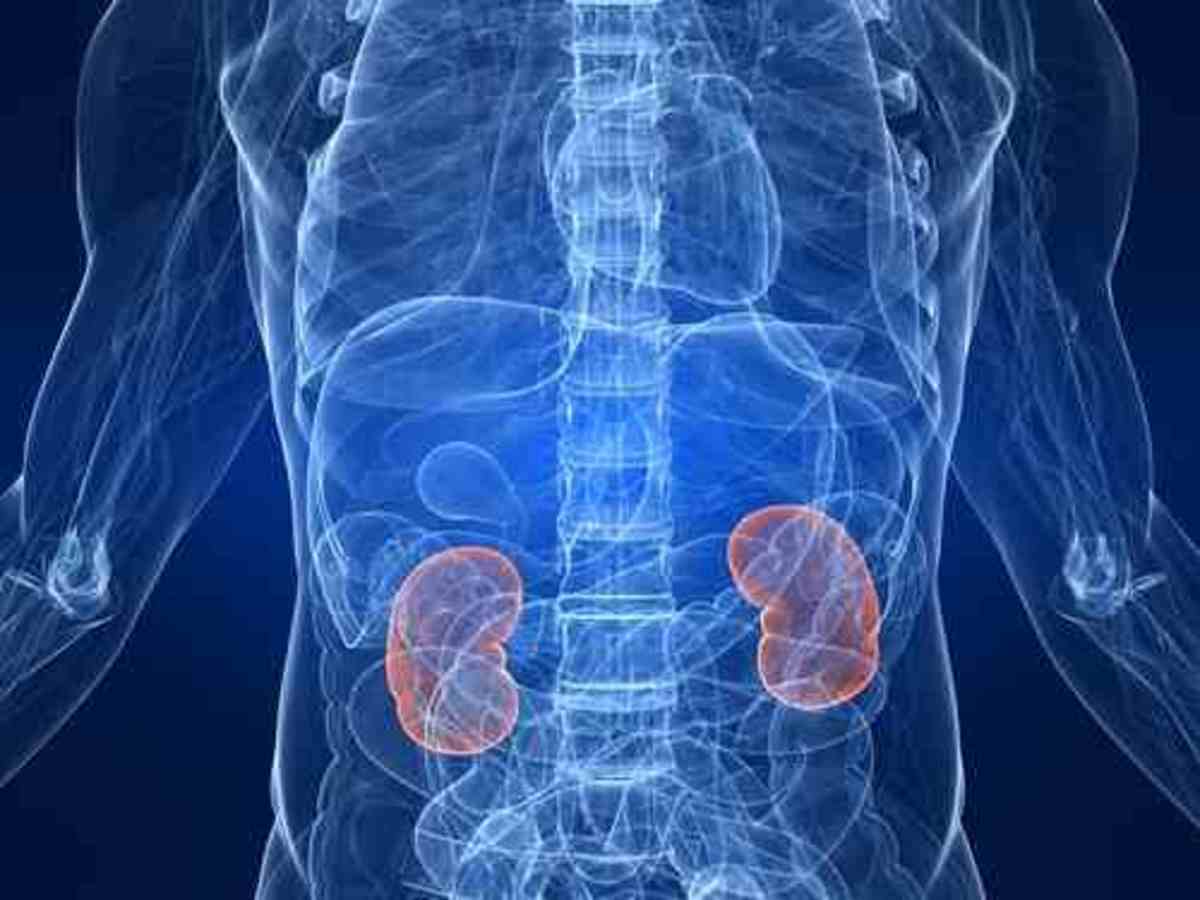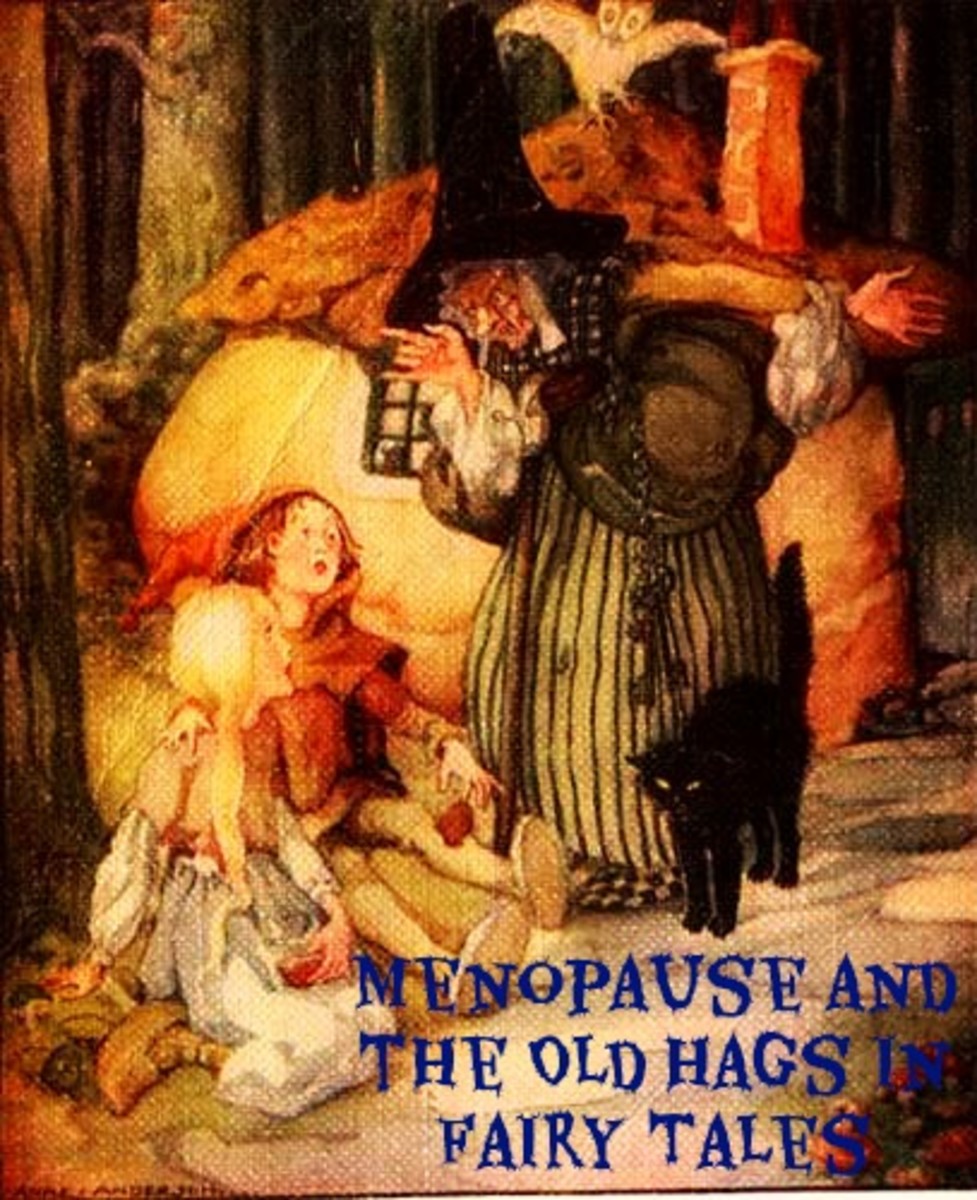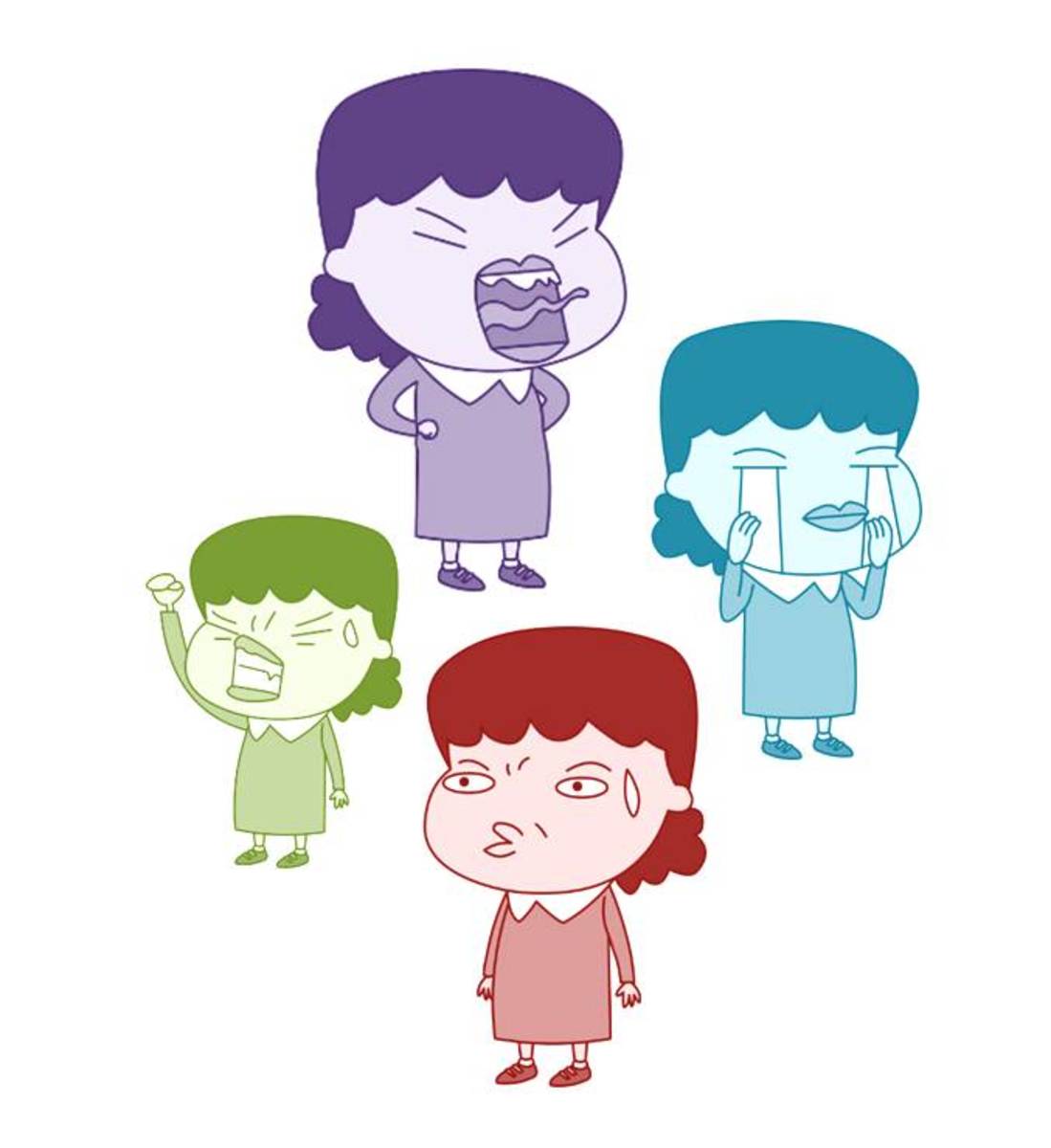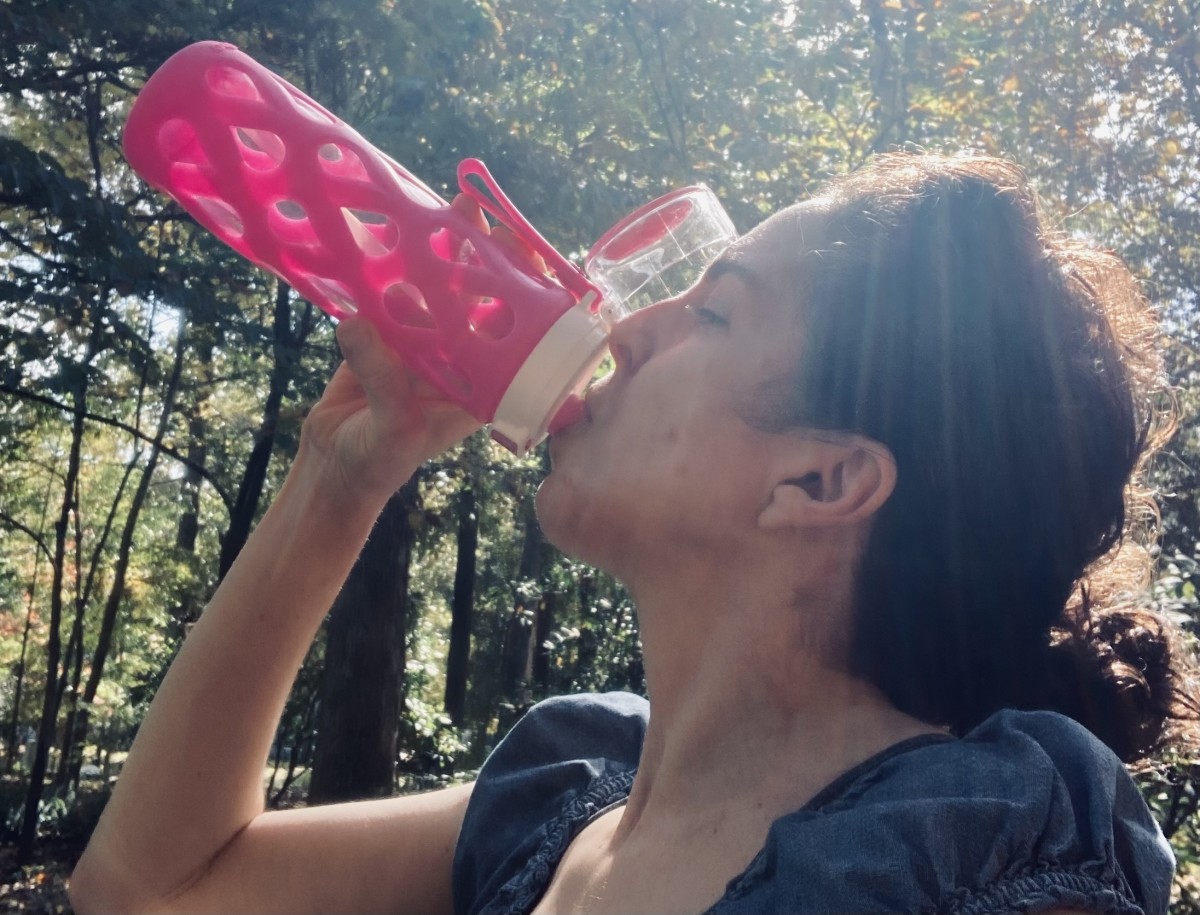Menopause age symptoms treatment and relief
What is Menopause?
Menopause is a normal phase of life, just as is puberty. It is generally described as a period of 12 months having elapsed, since the last menstrual flow due to natural causes. Peri-menopause is the time of transition when a woman starts noticing the changes in the menstrual cycle and in her body. This could last up to six years until menopause. Menopause is linked to aging, decline in the level of production of estrogens and progesterone and the stoppage in the production of eggs by the ovaries. It often means that the woman will not be able to conceive again. Though the average age for menopause has been put at 51 it has been noticed of late that women in their late 30’s have already gone into menopause. For some women menopause could mean freedom from menstruation and the fear associated with unwanted pregnancies.
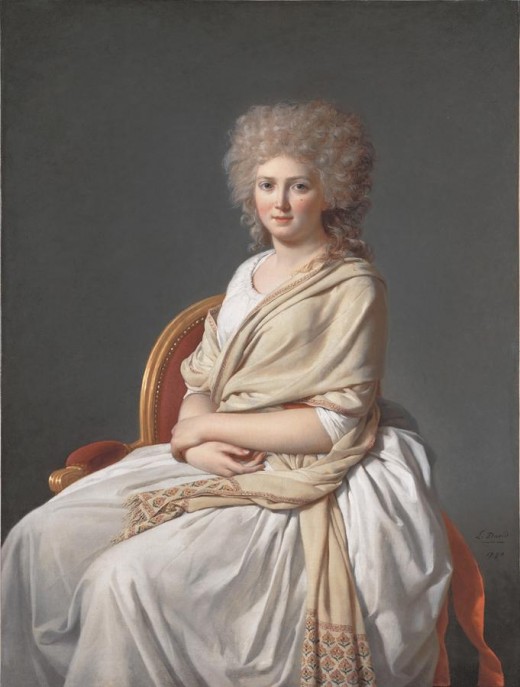
Symptoms or signs of menopause
The diagnosis of peri-menopause is made after considering a woman’s medical and menstrual history. Menopause should be due to natural causes and other health issues like thyroid dysfunction need to be ruled out before the diagnosis is made.
Signs of menopause – The first sign of menopause is irregularity in the menstrual periods. The other common signs are hot flashes, mood swings, sleep disturbances, lowered libido, vaginal dryness, weight gain etc. It would be inappropriate to refer to these as symptoms, as the word symptom is always used in association with diseases and menopause is a natural event.
During the transitional period, women complain of irregular periods, which may be shorter or longer or the flow may be heavier than normal. When the gap between the periods is too close or when you have excessive bleeding and it lasts more than a week, it is advisable to consult with your doctor.
The common signs/symptoms of menopause and why they are caused
Hot flashes are related to the changing levels of estrogens and progesterone in the body. It is the sudden feeling of heat in upper torso that causes your face and neck to become flushed, followed by excessive sweating and cold chills. When this happens at night, it causes a woman to be uncomfortable and lose sleep over it. Hot flashes have been considered to be the result of changes in the hypothalamus, which regulates body temperature. The hypothalamus often misinterprets that the body is too warm and starts sweating to cool the body down. This causes the blood vessels near the surface of the skin to dilate and makes the skin appear blotched and flushed. A chill often follows this. Sometimes it also causes an increase in heart rate. The good news is, hot flashes often stop on their own, over a period, without any treatment.
Sleep disturbances are common during this period and are more pronounced by hot flashes at night. Physicians do say that if a person has adequate sleep and can function in an alert state during the day, there is no need for treatment. Sleep disturbances could often cause other related problems like headaches, irritability, mood fluctuations, fatigue, inability to concentrate and heightened emotional states. There is no conclusive evidence to show that any of these symptoms are directly related to menopause. The reasoning could be that most women are accustomed to a certain inner hormonal rhythm, and erratic changes in the hormonal levels could exacerbate many of these symptoms. This could also be heightened by mid life changes and stresses that are part of that phase of life.
Decreased libido could be a result of the natural aging process. It has been found that 1/3rd of all women experience vaginal dryness, vaginal discharge, irritation, itchiness or burning. The changing estrogen levels could cause the genital area to become drier and thinner leading to painful intercourse and decreased libido. Research shows that though decline of libido is common for both genders, the number of women that are affected is two or three times higher than that of men.
Osteoporosis is a condition when the bones become fragile, brittle and tend to fracture easily. The declining level of estrogens could contribute to higher levels of osteoporosis at menopause, as estrogens helps control bone loss. The risk of fracture increases after menopause.
Weight gain : Around menopause, women tend to lose a lot of muscle tissue and gain weight which is basically fat. As we age, we generally need fewer calories as we expend less energy. A change in life style, especially towards healthy eating habits, adequate physical activity etc. helps gain muscle tissue and reduces your weight. During this period, your skin also suffers from the diminished levels of estrogens, as there is a loss of collagen, which makes the skin sag and wrinkle. These changes also contribute to a poor body image. Though estrogen therapy has shown to have beneficial effects on the skin, it has, potential risks associated with it and should be considered just for cosmetic purposes.
Heart disease: Although heart disease is always considered a man’s disease, studies have shown that after the age of 55, cardio vascular diseases cause 50% of the deaths in women. The weight gain, the reduced activity levels and other associated problems like high blood pressure seem to be the major contributors to the increased cardio vascular disease in women during menopause.
Menopause relief
Diet :A healthy diet, which is high in fibre, minerals and vitamins, is recommended. Increased intake of whole grains, fruits and vegetables would be highly beneficial. Reducing the consumption of meat, especially red meats and changing your diet to contain more of fish or lean poultry meats would help bring down the excess weight and associated problems.
Herbal remedies for menopause
Various herbal remedies have been in use to reduce hot flashes
Black Cohosh (actaea racemosa) has been highly recommended for hot flashes. Studies have however shown mixed results.
Red clover - This herb again has been believed to reduce hot flashes. However, studies do not show any conclusive evidence. What is alarming is that animal studies have shown it to have harmful effects on some parts of the body.
Gingseng : Research has shown that this root helps with symptoms such as mood swings and sleep disturbances and enhances general wellbeing. Nevertheless, studies have not shown any conclusive proof of its effectiveness with hot flashes.
Evening primrose oil has often been highly promoted as a remedy for hot flashes. Studies have not only proved that it has no benefits whatsoever but they have also shown that it could cause various other side effects including seizures in schizophrenic patients who are on antipsychotic drugs.
Systemic estrogen therapy seems to be the only effective form of therapy for hot flashes as of now.
Handling sleep disturbances at menopause
Sleep disturbances could be taken care of by following a few easy steps.
Ensuring that you do not sleep during the day, avoiding drinks or beverages are caffeinated, exercising regularly, taking a warm bath before bedtime and avoiding disturbances during sleep time, creating a peaceful atmosphere conducive for sleep could all help you sleep better.
In problems like osteoporosis and other related illnesses, it would be vital to consult your doctor and start on food supplements or medication for the purpose.
Handling menopause effectively would mean a change in diet, physical activity or exercises and a positive approach to life. A little help and understanding from significant others could also reduce your burdens largely. All you need to remember is “this too shall pass”.

